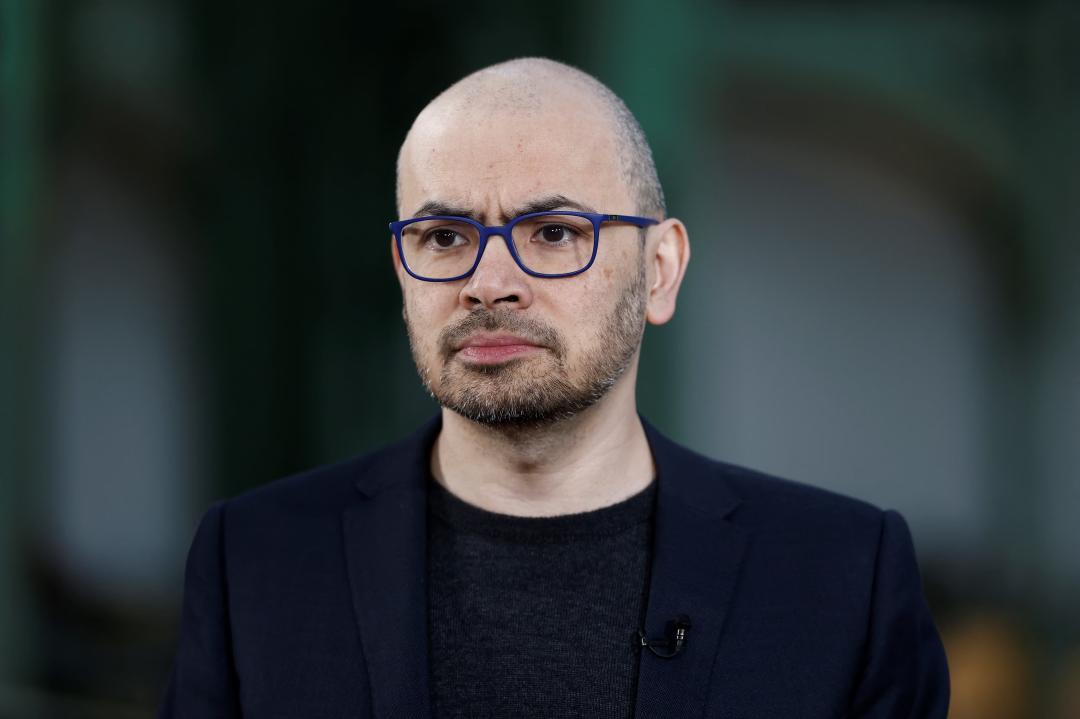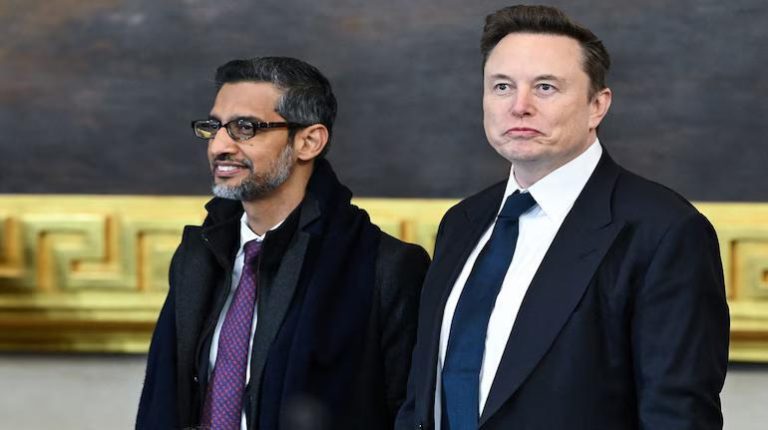
They’re Behind, They Need to Do Something: Google DeepMind CEO on Meta Poaching AI Staff
The world of artificial intelligence (AI) is witnessing a significant talent war, with tech giants like Meta, Google, and others vying for the best minds in the field. In a recent interview, Google DeepMind CEO Demis Hassabis took a subtle dig at Meta for its aggressive poaching of AI employees, stating that the company needs to catch up with the latest developments in the field.
Hassabis’ remarks came in response to Meta’s efforts to build its AI capabilities, which have seen the company poach several top talent from rival firms, including Google. Hassabis seemed to imply that Meta’s actions were motivated by a desire to stay relevant in the AI landscape, rather than a genuine interest in pushing the boundaries of AI research.
“They’re behind, and they need to do something,” Hassabis said, adding that Meta is currently not at the forefront of AI research. “Maybe they’ll manage to get back on there,” he said, hinting that Meta’s efforts may be too little, too late.
Hassabis’ comments are a reflection of the intense competition that exists in the AI space, where companies are willing to go to great lengths to acquire top talent. In recent months, Meta has made several high-profile hires, including the recruitment of Google’s AI ethics lead, Magdalena Stoeva, and the acquisition of a team of AI researchers from the University of California, Berkeley.
However, Hassabis’ remarks also highlight the challenges that Meta faces in its quest to catch up with its rivals. Despite its significant investments in AI research, Meta is still struggling to match the level of expertise and innovation that has been built up over years at companies like Google and DeepMind.
One of the key challenges faced by Meta is the ability to attract and retain top talent. Hassabis’ comments suggest that the company may be struggling to compete with the likes of Google and DeepMind, which have a long history of innovation and have built up a reputation as leaders in the AI field.
In recent years, the rising cost of living and the increasing demand for AI talent have made it increasingly difficult for companies to attract and retain top talent. Hassabis himself has spoken about the challenges of hiring and retaining AI talent, stating that interns these days are paid the amount they raised in their firm’s first seed round.
This has led to a situation where companies are willing to pay top dollar to attract the best minds in the field. However, Hassabis’ remarks suggest that even this may not be enough to convince top talent to join Meta, given the company’s current standing in the AI landscape.
In conclusion, Hassabis’ comments suggest that Meta is facing significant challenges in its quest to build its AI capabilities. Despite its significant investments in research and development, the company is struggling to attract and retain top talent, and is being forced to poach staff from rival firms in order to stay ahead.
As the AI landscape continues to evolve, it will be interesting to see how Meta responds to the challenges it faces. Will the company be able to build its AI capabilities and catch up with its rivals, or will it continue to struggle to attract and retain top talent?






